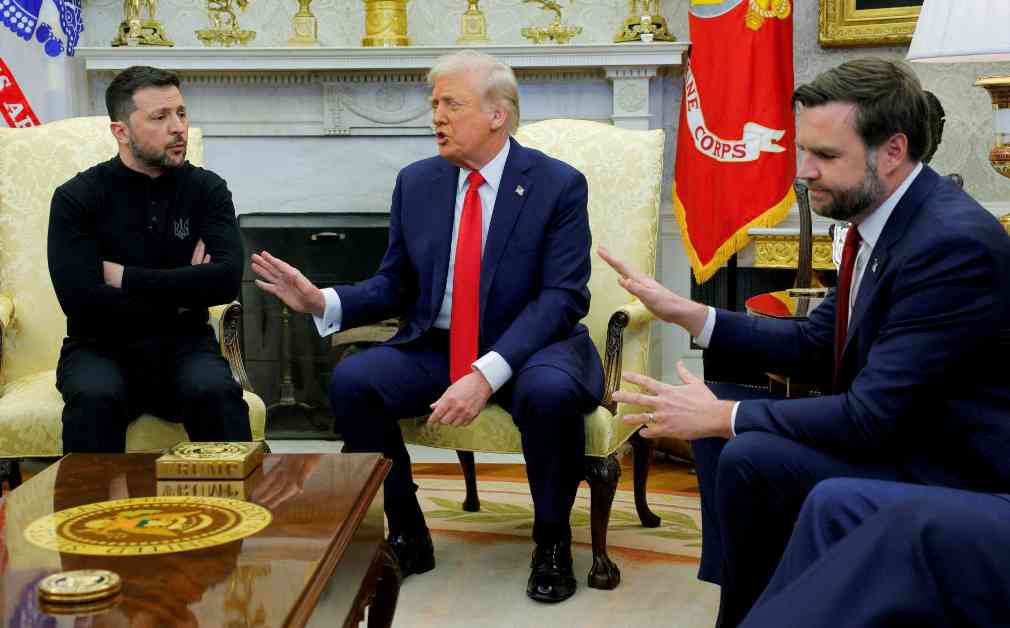President Donald Trump has been in office for 43 days during his second term, during which he has already signed 76 executive orders addressing a wide range of issues spanning immigration, DEI, foreign policy, government efficiency, economic policy, and presidential power. The opinions of Trump before his reelection varied among different groups and individuals, shedding light on the diverse perspectives surrounding the former president’s leadership.
Opinions Before Reelection
Brandon Simmons, a junior in industrial design and president of the College Republicans club, viewed Trump as a necessary force to disrupt a corrupt system, applauding his willingness to challenge the media and political elites. Conversely, Carolyn Klaus, president of the League of Women Voters of Ames and Story County, expressed wariness towards Trump, emphasizing the importance of informing voters about the candidates to make well-informed decisions. Cole Lindaman, president of the College Democrats club, regarded Trump as more of a personality-driven figure whose actions seemed to prioritize personal gain over meaningful outcomes.
Shift in Opinions
As Trump embarked on his second term, Simmons continued to support the principles Trump represented in 2016 but acknowledged feeling let down by what he perceived as a lack of substantial change in addressing the country’s core issues. Klaus, on the other hand, voiced heightened concerns for democracy under Trump’s leadership, citing unease over decisions influenced by external entities like Elon Musk. Lindaman maintained his reservations about Trump’s leadership, noting a consistent pattern of behavior that prioritized personal interests over procedural norms.
Opinions on “Shock and Awe” Governing
The concept of “shock and awe” governing, characterized by overwhelming displays of force and rapid policy changes, has been a focal point of discussion surrounding Trump’s recent actions. Simmons defended this approach as necessary for Trump to counter opposition forces and advance his agenda effectively. In contrast, Klaus criticized this style of governance, likening it to monarchical rule rather than democratic principles. Lindaman highlighted the efficiency of Trump’s executive orders in pushing through policy changes but expressed concerns about the lack of accountability and oversight in the decision-making process.
Noteworthy Policy Changes
Reflecting on Trump’s policies, Simmons underscored the significance of the immigration debate, crediting Trump with mainstreaming discussions on border security and national interests. Klaus lamented the local impact of federal employee terminations under Trump’s administration, particularly affecting USDA sites in Ames and Iowa State University. Lindaman drew attention to Trump’s border policies and actions against DEI initiatives, warning of the potential erosion of due process and civil liberties under such directives.
Predictions for the Future
Looking ahead, Simmons called for decisive action from Trump to address the country’s challenges and urged people to question the existing system. Klaus anticipated the widespread repercussions of government workforce reductions and urged individuals to recognize the personal toll of such decisions. Lindaman expressed concerns about the future volatility of policy changes and a shift towards deregulation in essential government functions, cautioning against privatization that could harm U.S. citizens in the long run.
As Trump’s second term unfolds, differing opinions and perspectives continue to shape the discourse around his leadership, underscoring the complex landscape of political ideologies and policy implications in the current political climate.









